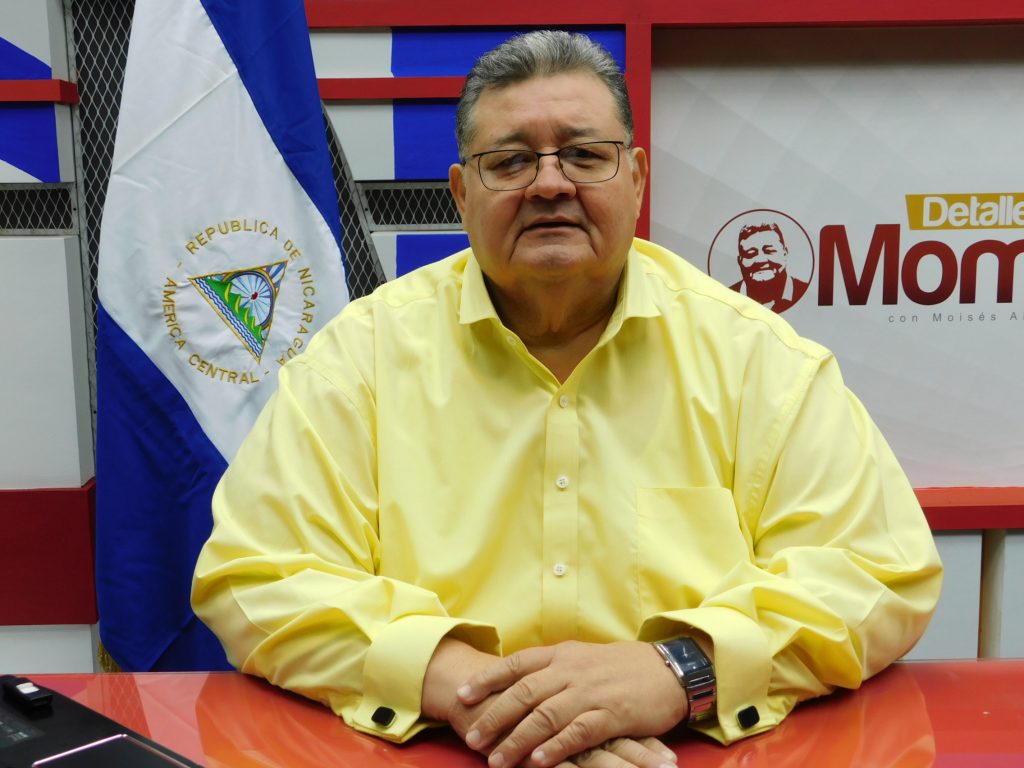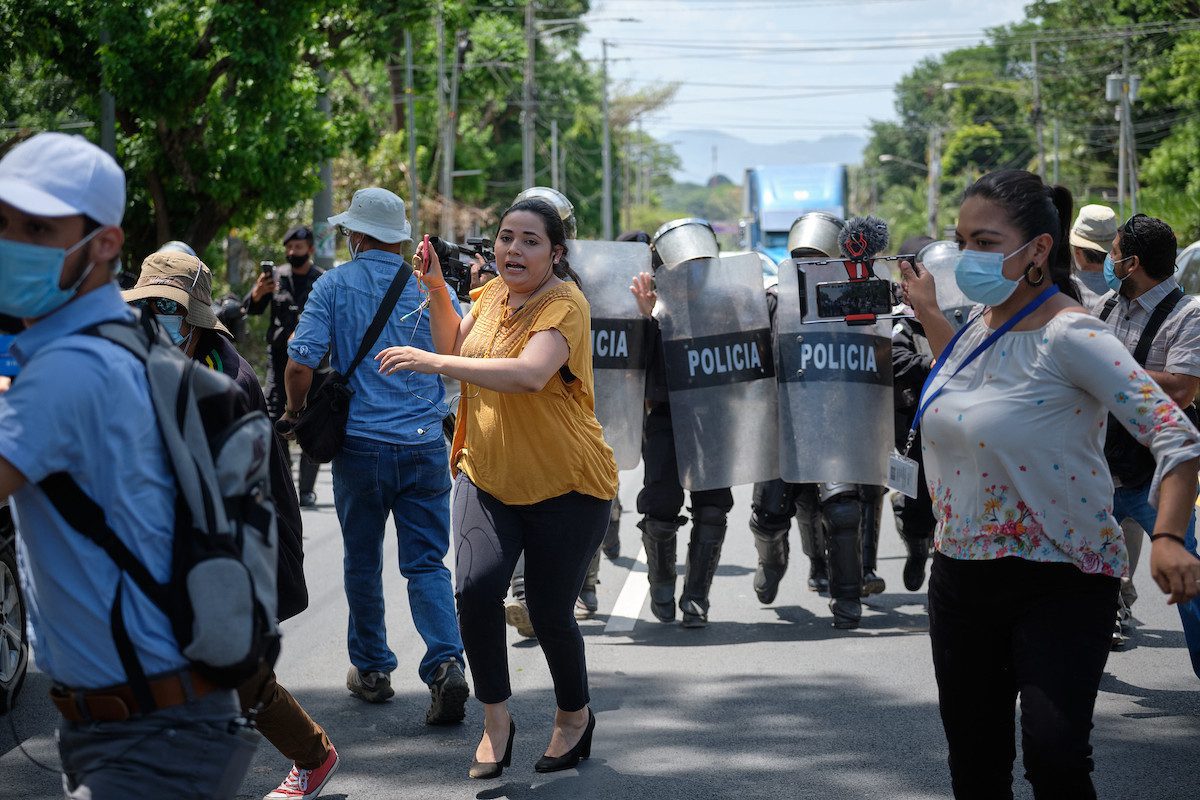The latest report of the Foundation for Freedom of Expression and Democracy (FLED), published on Wednesday, October 10, informed that up to September of this year, there are at least 223 Nicaraguan journalists in exile.
The document, corresponding to the third quarter of 2023 (July, August and September), registered the banishment of two journalists and the forced exile of six other professionals.
“The persecution, exile and banishment of reporters and communicators continues to significantly increase, meanwhile, the cases of reports are decreasing every day due to the victims’ fear of being identified; even in those who make the reports under the condition of anonymity,” states the report of FLED, an organization linked to the network Voces del Sur in Nicaragua.
FLED documented a total of 14 alerts that resulted in 20 cases of freedom of press violations against 11 journalists and two media outlets.
In addition, it reported the siege and threats by the police and paramilitary forces against at least five relatives of exiled journalists. Some of their relatives chose to leave the country to avoid being victims of these aggressions. “There are also reports of telephone harassment from unknown numbers to a minor, son of an exiled journalist”, adds the report.
Attacks by Sandinista spokespeople

The report highlights that during the last three months, the regime of Daniel Ortega and Rosario Murillo used “with greater force” Sandinista agitators, who work in media owned by the presidential family, to attack, slander and attempt to disqualify independent media and journalists.
Among the journalists attacked and victims of these slanders, the report registers Berta Valle, television broadcaster and coordinator of journalistic projects.
In addition, journalists Lucía Pineda Ubau, director of 100% Noticias, and Jennifer Ortiz, director of Nicaragua Investiga, whom “Sandinista spokespeople constantly slander, solely for maintaining in the agenda of the media they lead, a focus oriented towards the documentation of cases of human rights violations and the publication of journalistic works that denounce acts of corruption in the different spheres of state administration”.
Other journalists attacked in this way are Javier Meléndez, director of Expediente Público; Fernando Centeno Chiong, director of 9 en Punto on Radio Corporación; Miguel Mora, founder of 100% Noticias; Miguel Mendoza, sports journalist; Sergio Marín, director of Mesa Redonda; and Manuel Guillén, cartoonist of La Prensa.
The Sandinista agitators who carried out these aggressions are William Grigsby, Enrique Quiñónez, Rafael Méndez, Lucas Reyes, Moisés Absalón Pastora, according to the report.
Local radio stations have changed their programming, prioritizing evangelical content
FLED verified that some local radio stations that still operate in their analog version in different departments of the country “have drastically changed their programming, completely eliminating newscasts and maintaining an exclusively musical programming”.
They identified that stations have been forced to change their name or programming format. In at least six cases, in the same number of municipalities, “the radio stations have mutated to exclusively Christian programming, with a complete turn to the evangelical religion”.
The organization condemned the expulsion of Honduran journalist Kenya González Volkanoe, who a few hours after entering the country on August 6 was forcibly removed from Nicaragua.
“I was already inside the country, almost arriving in Managua when agents of Migration and Foreign Affairs arrived to bring me in, and they returned me to the ‘Las Manos’ border, without giving me any explanation”, denounced González.
The document highlights the commemoration of September 8, International Journalists’ Day, “in which journalism renewed its commitment to inform its audiences in an ethical and objective manner in spite of the difficulties caused by the repressive policies of the Nicaraguan Government and the difficulties involved in doing journalism from exile”.





